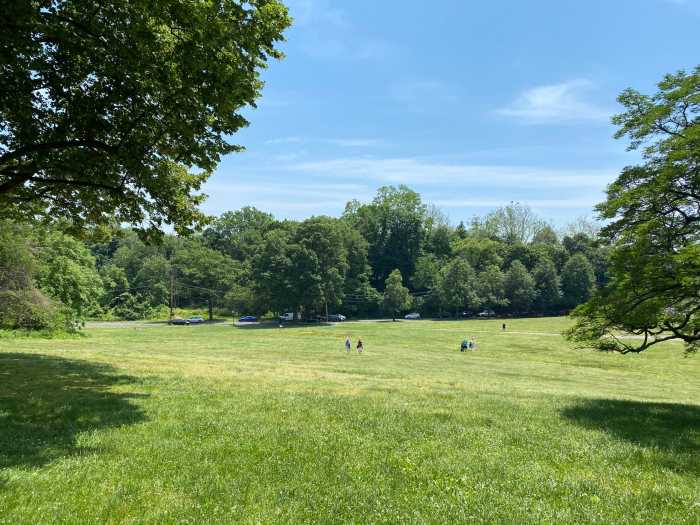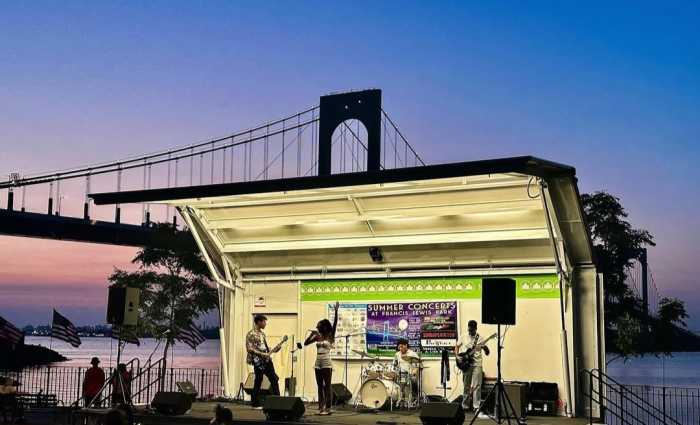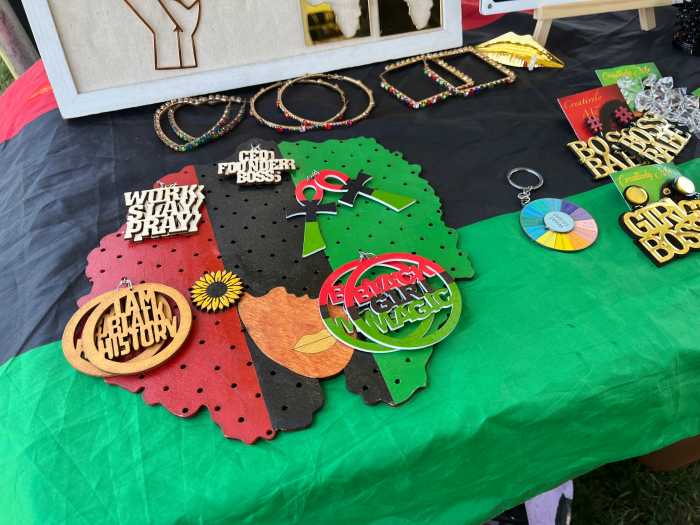The assassination of five police officers in Dallas after the killing of two black men at the hands of officers in other cities has stunned and saddened Queens.
As protesters converged on Manhattan and Brooklyn to stage demonstrations, Queens was largely quiet. Only a few elected officials from predominantly black southeast Queens issued statements as small groups of residents from those neighborhoods gathered inside churches and community centers to privately discuss police brutality and racial bias.
State Sen. James Sanders held a community meeting Saturday in Jamaica on ways to halt the violence and hear suggestions on how to change the dynamic that has made encounters with the police so humiliating, particularly for black youth.
Men, women and children were invited to hear the conversation about peaceful solutions vs. immediate action.
In Rufus King Park, the Queens County Young Democrats staged a vigil Tuesday night at which participants pointed out that the nation has never dealt head-on with the consequences of slavery.
Racism is the ultimate taboo in American society. Sex and politics are now part of the public conversation. But what we need in Queens and the rest of the city is a long overdue, soul-baring discussion of where we stand on race when it comes to policing and the black community.
A study just released by Harvard found that black men and women are subjected to harsher treatment when confronted by police than their white counterparts. But when it comes to shootings, the police use lethal force equally against both races.
There are misunderstandings on all sides. Lost in the rhetoric of the protests is the dedication of NYPD cops to protecting the public despite sometimes daunting odds. Nowhere is this disconnect more evident than in the conflicting views of the Black Lives Matter movement.
Police Commissioner Bill Bratton sees Black Lives Matter as a leaderless group formed to stereotype police as racists, while Mayor Bill de Blasio believe it’s “a force for good” that is compelling the nation to confront its history over the treatment of African Americans.
At the Dallas memorial for the five slain officers, President Obama said: “If we cannot even talk about these things—honestly and openly—not just in the comfort of our own circles but with those who look different than us or bring a different perspective, then we will never break this dangerous cycle.”
That is the challenge facing us all—in Queens and the rest of the city.




































